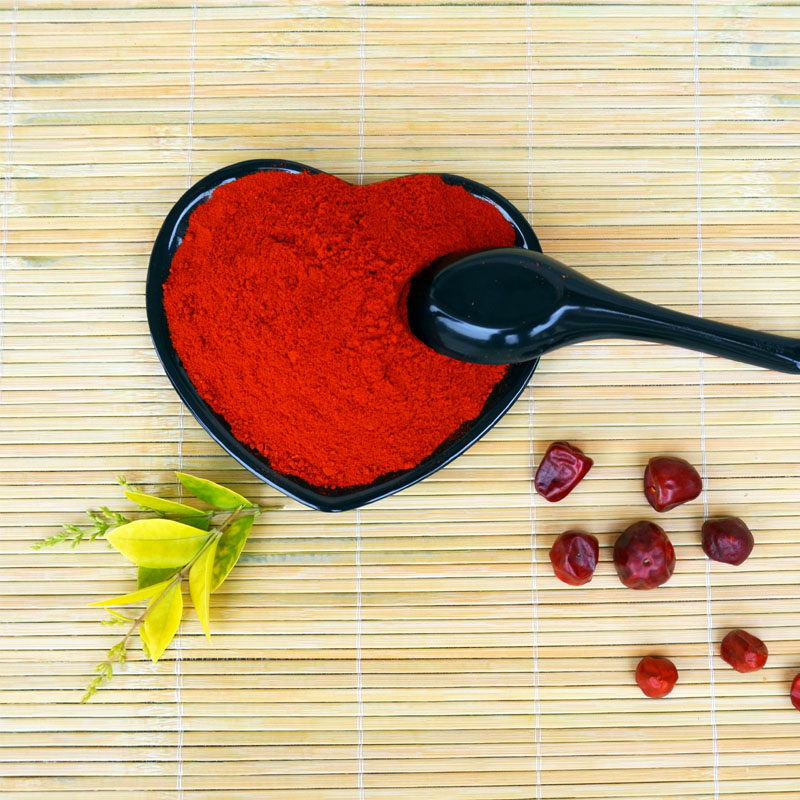- No. 268 Xianghe Street, Economic Development Zone of Xingtai city, Hebei 054001 China
- Byron@hbhongri.cn
Curcumin Extract Benefits and Applications from Turmeric Root for Health and Wellness
Curcumin Extract from Turmeric A Natural Marvel
Curcumin, the vibrant yellow compound found in turmeric, has garnered significant attention for its remarkable health benefits and potential therapeutic applications. Turmeric (Curcuma longa), a member of the ginger family, has been used for centuries in traditional medicine, particularly in Ayurveda and Traditional Chinese Medicine. The extract of curcumin is credited with a wide range of biological activities, making it an intriguing subject for scientific research and health-conscious consumers alike.
The Power of Curcumin
Curcumin is known for its anti-inflammatory, antioxidant, and anti-cancer properties. Research has shown that curcumin can modulate various signaling pathways in the body, thereby influencing inflammation, oxidative stress, and cellular proliferation. These properties have made curcumin a focal point in exploring natural therapies for chronic diseases, including cancer, cardiovascular diseases, and neurodegenerative disorders like Alzheimer’s disease.
One of the most notable characteristics of curcumin is its ability to combat inflammation. Chronic inflammation is recognized as a key factor in many diseases, contributing to conditions such as arthritis, heart disease, and diabetes. Studies suggest that curcumin can inhibit the activity of inflammatory enzymes, such as cyclooxygenase-2 (COX-2) and lipoxygenase, ultimately reducing the inflammatory response in the body.
Antioxidant Effects
In addition to its anti-inflammatory effects, curcumin is a potent antioxidant. Antioxidants are crucial for neutralizing free radicals, which can cause cellular damage and contribute to the aging process, as well as to various diseases. Curcumin enhances the body’s antioxidant capacity by increasing the levels of antioxidant enzymes and reducing oxidative stress markers. This dual action aids in protecting the body from oxidative damage, thus playing a vital role in maintaining overall health.
Potential in Cancer Research
curcumin extract from turmeric

The potential of curcumin as an anti-cancer agent has generated considerable interest in the scientific community. Research indicates that curcumin can inhibit the growth of cancer cells, induce apoptosis (programmed cell death), and prevent the spread of tumors. It has been studied for various types of cancer, including breast, colon, prostate, and pancreatic cancer. While the results are promising, more clinical trials are necessary to establish effective dosages and ascertain its potential as a therapeutic agent in cancer treatment.
Bioavailability Challenges
Despite its numerous health benefits, one of the significant challenges with curcumin is its poor bioavailability. Curcumin has low absorption rates in the gastrointestinal tract, which means that a substantial amount of curcumin can be lost before it exerts any beneficial effects in the body. To address this issue, researchers have been exploring various formulations and extraction methods that enhance the bioavailability of curcumin. Combining curcumin with piperine, a compound found in black pepper, has been shown to increase absorption significantly. Additionally, newer formulations using nanoparticles and liposomal technology are being developed to improve delivery and efficacy.
Culinary Uses and Supplements
Turmeric, and by extension curcumin, is commonly used as a spice in cooking, particularly in Indian cuisine. Its distinct flavor and color enhance many dishes and provide a natural means of incorporating its health benefits into the diet. Turmeric lattes, smoothies, and curry dishes are popular meals that not only tout rich flavors but also contribute to a healthy lifestyle.
In recent years, curcumin supplements have gained popularity as health products, marketed for their anti-inflammatory and antioxidant effects. These supplements come in various forms, including capsules, powders, and extracts. When considering supplementation, it is crucial to choose high-quality products that contain standardized curcumin extracts and are tested for safety and efficacy.
Conclusion
Curcumin extract from turmeric represents a fascinating convergence of traditional wisdom and modern science. Its remarkable health benefits, particularly its anti-inflammatory and antioxidant properties, position it as a valuable component of a health-conscious lifestyle. While challenges in bioavailability persist, ongoing research continues to unlock the potential of this natural compound. As more consumers turn to natural remedies for maintaining their health, curcumin stands out as a compelling option, offering a fusion of flavor and health benefits that can enhance quality of life. As always, it is advisable to consult healthcare professionals before starting any new supplement regimen to ensure safe and effective use.
-
Turmeric Rhizome Powder: A Golden Treasure from Roots to TableNewsJul.28,2025
-
The Versatile Application Of Crushed Red Hot Peppers: Lighting Up The Red Flames On The Dining TableNewsJul.28,2025
-
The Paprika: A Touch Of Vibrant Red In Color, Flavor, And CultureNewsJul.28,2025
-
Ground Turmeric: A Modern Examination of an Ancient SpiceNewsJul.28,2025
-
Capsicum Liquid Extract: Features, Applications, and ChallengesNewsJul.28,2025
-
Application of Capsicum Liquid Extract in FoodNewsJul.28,2025







